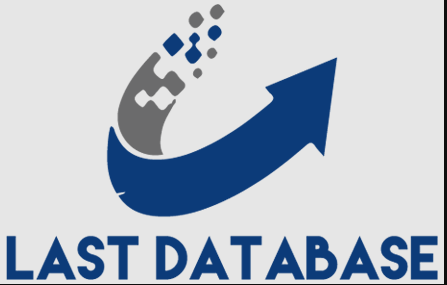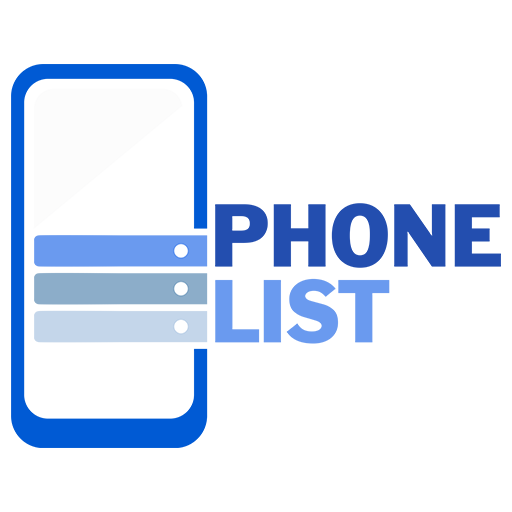However, WhatsApp Business APP has a limitation, that is, each enterprise can only support a single user. In addition, since it is a free version, its available business service functions are relatively simple and there are no additional user management functions. It is more suitable for self-employed or small businesses. enterprise. The WhatsApp Business API can be understood as a professional version of the software. It can not only meet the slightly complex customer communication and management needs of enterprises, but also can send official group messages, connect with chat robots, and enjoy value-added services provided by service providers. It is suitable for medium and large-scale applications. Enterprise, for this reason, it also gained a group of enterprise “fan girls”.
Secondly you can purchase branded products on WhatsApp anytime and anywhere
As the number of whatsapp users continues to increase. It is no longer time for whatsapp to just rush in and operate at will to reap user dividends. Especially in the Job Seekers Number Data era of refined operations. Many sellers are not only prone to mistakes when using whatsapp. For marketing and promotion but also find it difficult to achieve results. The reasons come from many aspects such as frequent accounts being blocked. A large number of customer management that is time-consuming and labor-intensive. Not responding to customer messages in a timely manner. Sending messages at the wrong time, and being unable to segment. Customers with tags and provide personalized services etc., all of which can lead to customer churn.
First sellers can conduct personalized customer interactions through the
So, how to use WhatsApp Business API to achieve “1+1>2” marketing effect? As an officially authorized WhatsApp Business solution service provider by Meta (the parent company Marketing List of Facebook), CM.com can directly provide API port docking services for overseas companies in just 4 steps to achieve maximum conversion. For example, logistics information, order information, arrival reminders, promotional discount information, shopping cart abandonment reminders, etc. Take shopping cart abandonment reminders as an example. According to Baymard Institute data, an average of 69.57% of online shopping carts will be abandoned. Through relevant reminders or sending discount coupons, new product recommendations, free shipping, etc., it is possible to save nearly one-third of orders and quickly increase ROI.







